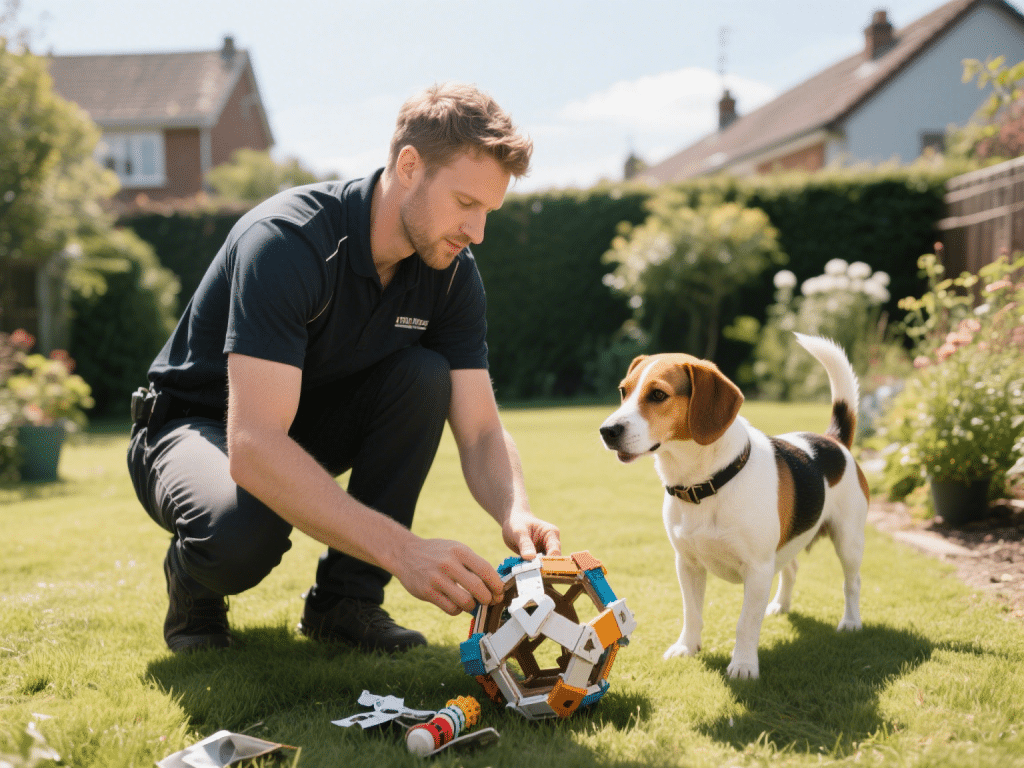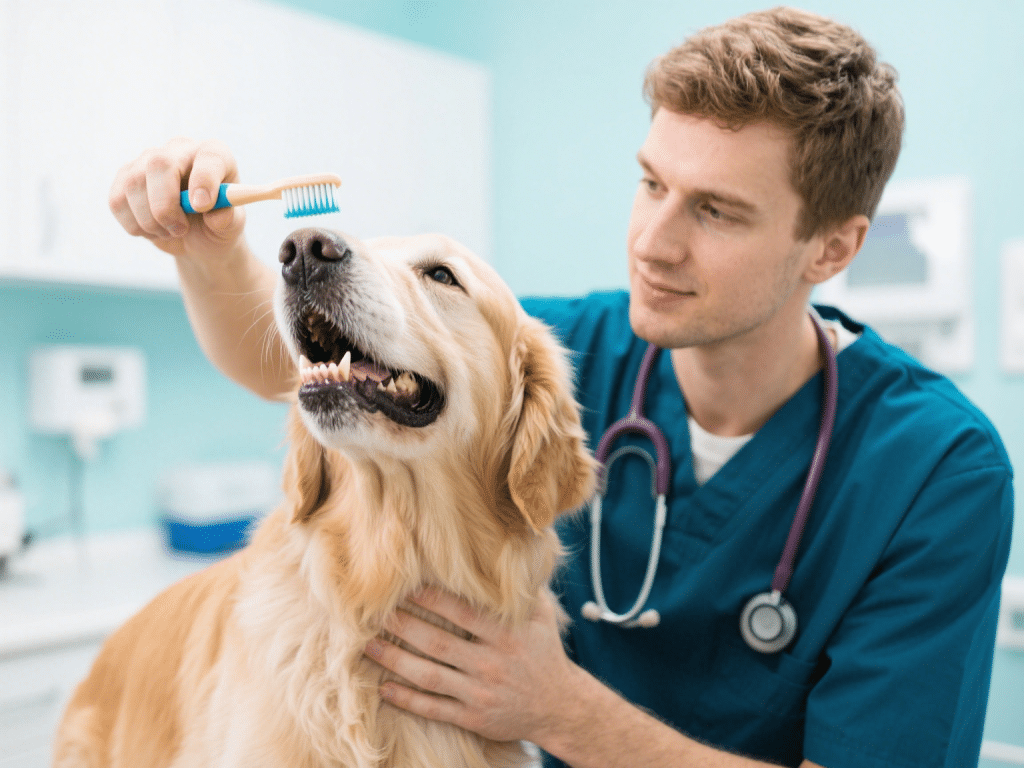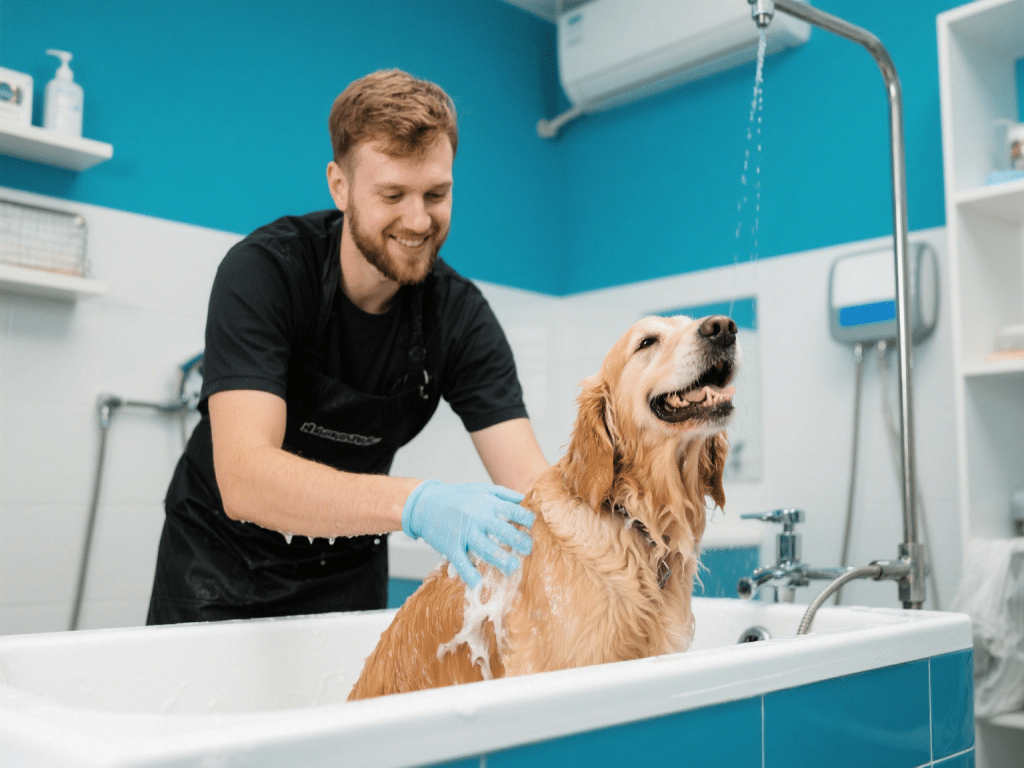RECOMMENDED NEWS

Managing Canine Separation Anxiety: Proven Calming Techniques
Many dogs experience separation anxiety when left alone, exhibiting destructive behavior, incessant ...
Read More →
DIY Enrichment Toys for Dogs: Stimulate Mind and Body
Dogs are intelligent, social animals who thrive when their minds and bodies are both engaged. Boredo...
Read More →
Early Signs of Dental Disease in Senior Dogs: What Every Owner Should Know
IntroductionAs our canine companions age, their oral health becomes increasingly vulnerable. Dental ...
Read More →
Tips for Preventing Obesity in Indoor Cats
IntroductionIndoor cats often lack opportunities for exercise and can become overweight, leading to ...
Read More →
Creating a Cat-Friendly Balcony: Safety and Enrichment Tips
IntroductionBalconies offer fresh air and stimulation for indoor cats but also pose safety risks. Co...
Read More →
Step-by-Step Guide to Brushing Your Dog’s Teeth at Home
IntroductionRegular dental care is crucial for your dog’s overall health. Plaque and tartar buildu...
Read More →
What to Look for in a High-Quality Pet Shampoo
IntroductionChoosing the right shampoo is essential for maintaining your pet’s skin and coat healt...
Read More →
Best Dog Dewormers for Puppies: A Vet-Recommended Guide
IntroductionPuppies are particularly vulnerable to intestinal parasites—roundworms, hookworms, and...
Read More →
How to Tell If Your Pet Is Overheating: Summer Safety Tips
IntroductionSummer heat can be dangerous for pets. Unlike humans, dogs and cats rely on panting and ...
Read More →
Comments on "When to Start Deworming Your Puppy: Everything You Need to Know" :